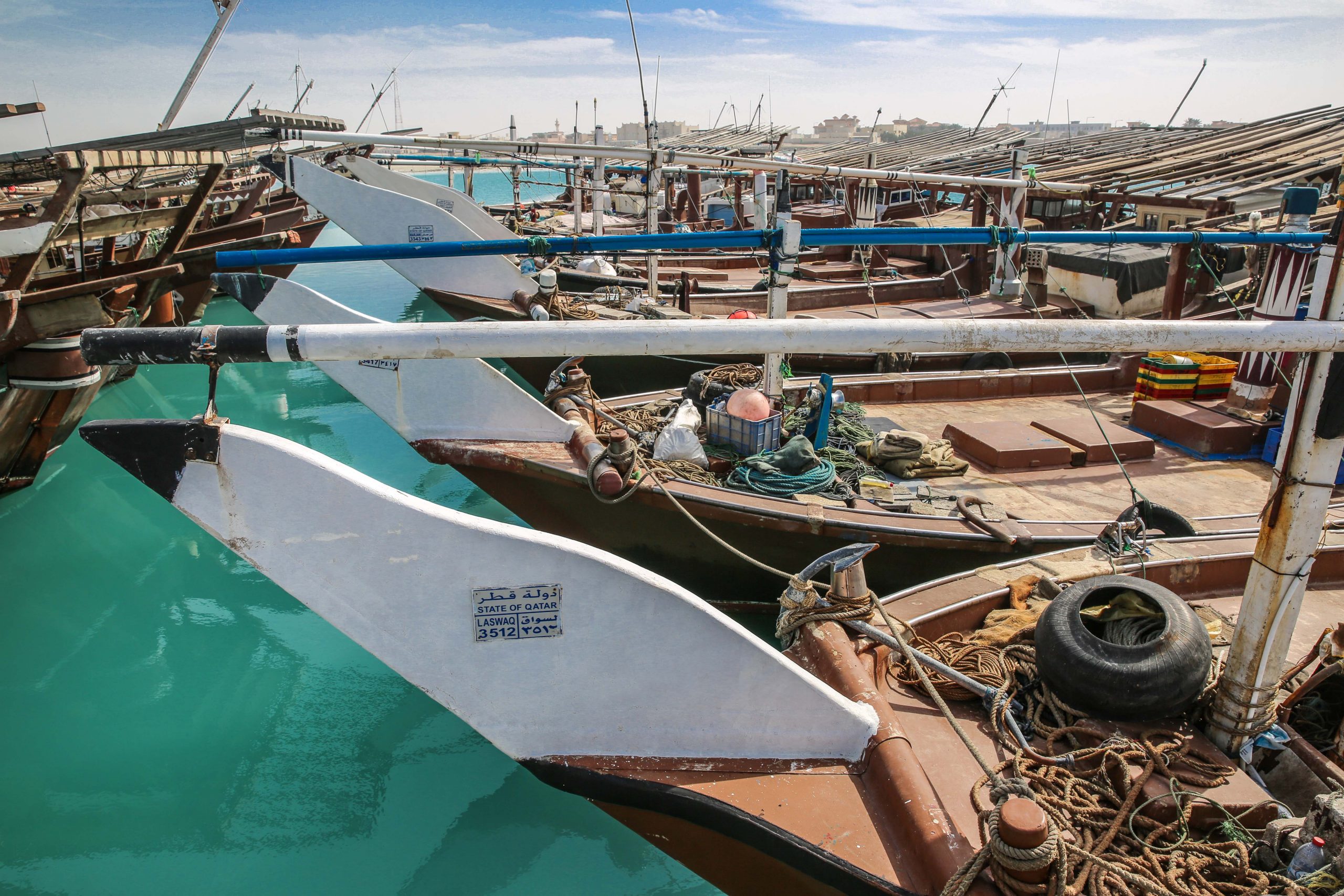
Four Indian fishermen who had been confined to their boat in Al Ruwais since January have finally been allowed to leave Qatar, their supporters said.
The men had been arrested and accused of illegally entering Qatar’s territorial waters more than two months ago.
In an email sent this week to government officials in the men’s home state of Tamil Nadu, the Indian Embassy in Qatar confirmed the fishermen had been repatriated to Saudi Arabia, where they had been working prior to their arrest in early January.
Speaking to Doha News, Justin Antony, founder and president of India-based NGO International Fishermen Development Trust said:
“I am happy that the fishermen were released and that the Indian embassy in Qatar played a good role.”
Conviction
L. Jerald, 38; R. Thirumurugan, 27; P. Vaseegan, 33; and the 38-year-old boat’s captain R. Seelan were fined QR20,000 each after a criminal court convicted them in February of entering Qatar’s waters without a permit, fishing in Qatar’s sea without a permit and entering the country unlawfully.

With a weekly salary of between QR200 and QR500, the men were unable to pay the fine. In similar cases in recent years around the Gulf, it typically falls to sponsor to cover court-imposed penalties.
However, the verdict was appealed. According to Antony, who has been corresponding with embassy officials, “the men were released without penalty.”
The Indian Embassy in Qatar could not be reached for comment this morning.
Antony said the men argued in court that they were in international waters when they were arrested.

However, members of the Qatar Coast Guard told Doha News in January that the men were in the Gulf state’s territory. Similarly, Jerald conceded that he had made a geographic oversight.
‘It’s stealing’
The arrests highlighted a situation that thousands of fisherman in Qatar and the rest of the Gulf regularly face.

At least three dozen migrant Indian fishermen have been arrested by Qatar’s Coast Guard since 2012. Additionally, at least one person has died during patrols of the country’s maritime boundaries.
Similarly, dozens of expat fishermen working in Qatar have also been arrested and held in neighboring countries, including Iran.
With Qatar’s fish stocks in decline, some residents have said they support the tough stand Qatar’s Coast Guard takes against anglers who stray into the country’s waters illegally.

For many, the motivation to take this risk involves the low wages they are paid and the ongoing overfishing problem in the region, according to a Qatar Coast Guard official who spoke to Doha News earlier this year.
“The issue is that most of these men work under commission, but there is less fish on their side of the waters, so they sneak in here to harvest some of the abundance of fish. That’s not just trespassing, it’s stealing,” the Al Ruwais-based officer said in January.
As such arrests continue, Antony suggested the creation of an internationally recognized migrant fishermen ID card, which could help resolve incidents more quickly.
Migrants typically leave their passports on shore, which leads to longer detention periods once arrested as the necessary paperwork is completed.
A fisherman ID would also help reduce suspicions that the man may be smugglers or terrorists, Antony added.
Thoughts?







